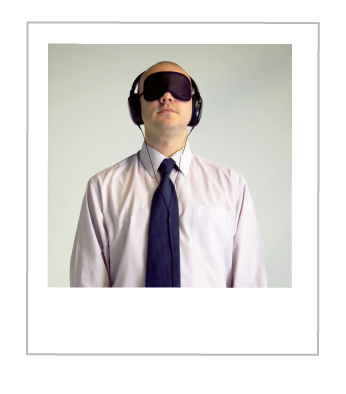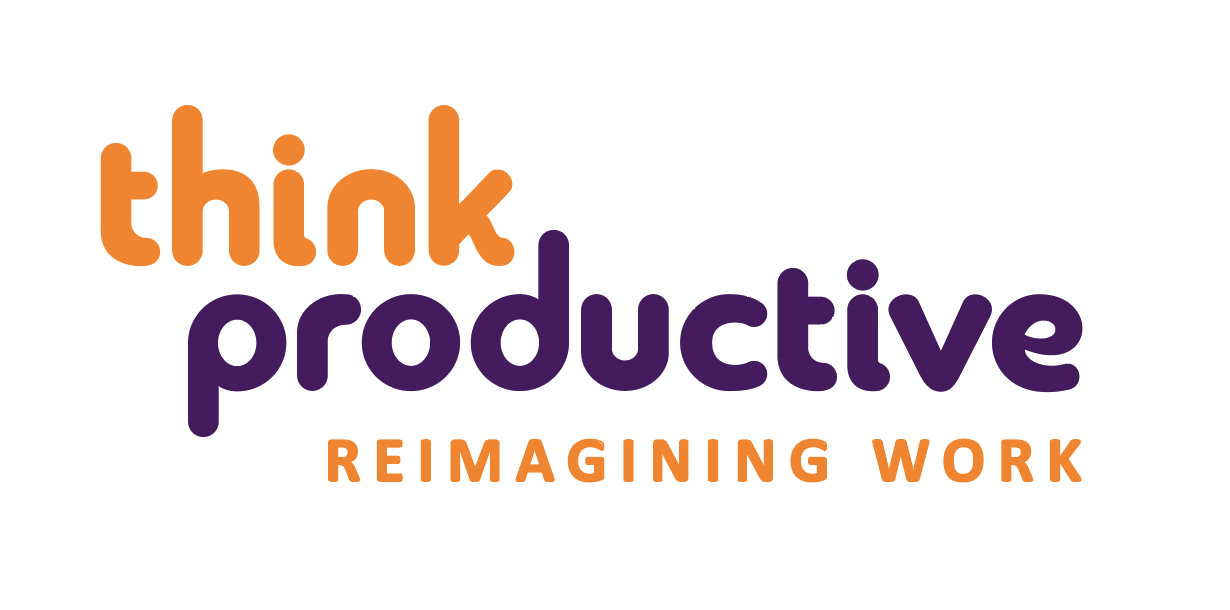I’m over halfway through my year of crazy productivity experiments. Whenever people ask me how they’re going my usual response is “interesting…. oh, and stressful”. I’ve learnt loads, had some fascinating experiences and it’s kept me on my toes. But by the same token, it’s meant overhauling my routine every month, living in a state of where the only consistent thing is change and putting myself in some stressful situations. In fact, I feel like I’m still recovering from “Maynia” (where I ditched all my systems and lived day to day without purpose). Turns out that was pretty unproductive and extremely stressful. Who’d have thought?
So now it’s time for a break. I need a rest. I need to recharge. I need to stop feeling slightly frayed around the edges and feel sharp and energised again.
But how many of us really switch off during our holiday time anymore? I mean really switch off? Our hyper-connectedness to the world became hyper-connectedness to our work and somewhere along the line I think a lot of people forgot that machines have an off-button, work contracts entitle you not to check email every day on your holidays and worst of all, we forgot the rules that Ford and others have proved over the years… that rest and relaxation is crucial to sustained productivity.
I’m no expert at this. Ask my former bosses or any current or former work colleague of mine and you’ll know that I don’t take much prolonged time off. I never feel I need to and for very good reasons: my work allows me to travel, I set my own schedule and have a lie-in when I’m tired, I fit a lot of social and leisure time around my work and yet I also take a lot of energy from being on my own. And crucially, I love my work and it energises me (for the most part). I realise how sickening this sounds to some of you but it’s true.
But right now, probably because of the stress of these last few months, combined with recently agreeing and finalising a new global release of my book (yay!), I know I’m in need of some rest.
Rest because I know what my autumn schedule looks like.
Rest because I know my life is about to be turned upside down by a small child who looks weirdly like me.
Rest because my team don’t like me when I’m short and snappy with them.
And rest for rest’s sake.
So this, my friends, is “extreme rest”. It’s a month off the internet in its’ entirety, a month of no work, a month of no smart phone, a month of no laptop. No demands, no expectations, nothing to check, nothing to do. Bliss for many, scary as hell to many others.
This is the Abyss.
What’s my hypothesis?
I’m hoping to prove four things here. All of these things are counterintuitive and subtle. As a result, most businesses and individuals (including me!) miss these regularly:
1. Power and value comes from holding back on the power and value
Most obviously, this month is about the power of rest. When people talk about resting as their tactic to avoid burnout, it always strikes me as a little shallow. It’s like seeing driving as a way to avoid crashing. I believe rest (or “Ninja Preparedness” as I often refer to it!) helps us to add more value incrementally, in every day and every transaction. It’s about feeling fresh and sharp rather than merely avoiding the edge of the precipice.
2. Everything comes from nothing
Ideas come from everywhere. Productivity comes from clarity. But almost every truly life-changing idea I’ve ever had has been staring out to sea, or walking up a mountain. I’m not looking for epiphanies but I’m expecting some. Right here is perhaps the key success measure of this month. I’m taking inspiration from a guy I know called Tony Wilson, who is currently working a “one week on, one week off” schedule. And guess where his consultancy clients think the real value comes from? It’s the ideas and solutions he finds during the week off.
3. Meaning at work comes from meaning at ease
I’m a big believer that work needs to feel meaningful and personal. Life is too short to do stuff we don’t care about. We all work to live but we all live to work too – work provides meaning and a sense of self-worth. Or at least it should.
But how do we know that we’re doing meaningful work that reflects our own values? Well, we know this if we know ourselves. And to know ourselves, we need to spend time with ourselves away from the work. So this month is about me. I’m spending 2 weeks in Uganda, retracing my steps of 10 years ago when I volunteered there on an HIV/AIDS programme that had a profound effect on me. I’ll be spending some time with my wife and family and I’ll be doing lots of reading.
4. Connectivity can be a bad thing
Connectivity and productivity are not the same thing. But further to this, connectivity can actually create the wrong kind of connections in our brain. Being overly connected to Facebook and Twitter makes me feel good temporarily, but I’m sure it hinders how I think about other things. And I know my wife is delighted I’m having a month without my iPhone, which probably tells us everything we need to know here. Remember, connectivity in its current guise is a relatively new phenomenon. But already it feels like the ‘normal state’ we should all operate in. So I’m keen to explore whether I miss it, what I really need it for and what the alternatives are.
What are my hopes and fears?
My hopes are probably obvious this month: rest, happiness, precious moments. The fears I should probably save for therapy…. but being disconnected from the internet feels like being disconnected from the world. I’m also pretty nervous about waiting around for flight connections without my iPad and laptop to make the time pass with purpose.
I’m going to be forced to stop ‘passing time’ or ‘using time’ and start ‘noticing and appreciating time’ again. And I’d hazard a guess there’s a lesson for all of us there.
Like this? Try this
Graham’s first experiment – Email Fridays
A year without the internet by Paul Miller

